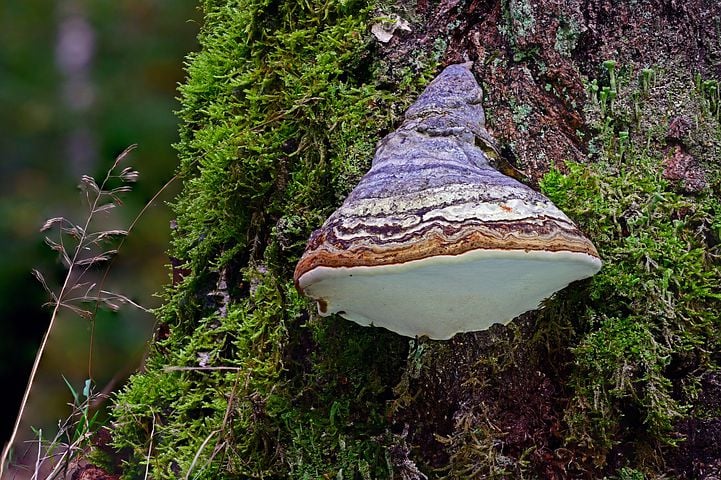Soil erosion, a silent yet potent threat, is steadily degrading our precious topsoil. This environmental challenge demands innovative and sustainable solutions. Enter jute mesh, a nature-friendly material that offers a promising approach to combating this issue.
Crafted from the golden fibers of the jute plant, jute mesh is a biodegradable and eco-friendly fabric. Its open weave structure allows rainwater to infiltrate while providing a protective blanket for the soil. This unique combination makes it an ideal tool for erosion control.
How Does Jute Mesh Work?
- Soil Protection: The mesh acts as a physical barrier, preventing soil particles from being washed away by rainwater or wind.
- Seed Germination: The mesh creates a microclimate that promotes seed germination and root development, aiding in vegetation establishment.
- Biodegradability: Over time, the jute mesh decomposes naturally, enriching the soil with organic matter and enhancing its fertility.
Applications of Jute Mesh:
- Slopes and Embankments: Jute mesh is highly effective in stabilizing slopes and preventing landslides.
- Riverbanks: It protects riverbanks from erosion caused by strong water currents.
- Construction Sites: Used to control erosion during construction activities.
- Agricultural Fields: Helps prevent soil loss and improve crop yields.
By harnessing the power of nature, jute mesh emerges as a sustainable and efficient solution to the pressing issue of soil erosion. Its ability to protect the soil, promote plant growth, and decompose naturally makes it a valuable asset in ecological restoration and land management practices. As we strive for a greener and more sustainable future, jute mesh stands as a testament to the potential of nature-based solutions.
Considerations for Using Jute Mesh
However, while jute mesh is eco-friendly and affordable, it is relatively weak and has a short lifespan, especially when exposed to water. It typically lasts between six and 12 months, and choosing a thicker, more compact version can extend its durability.






